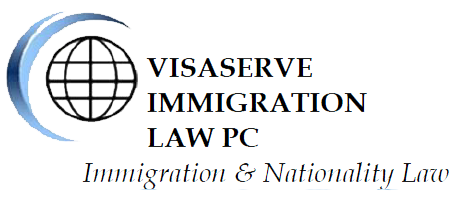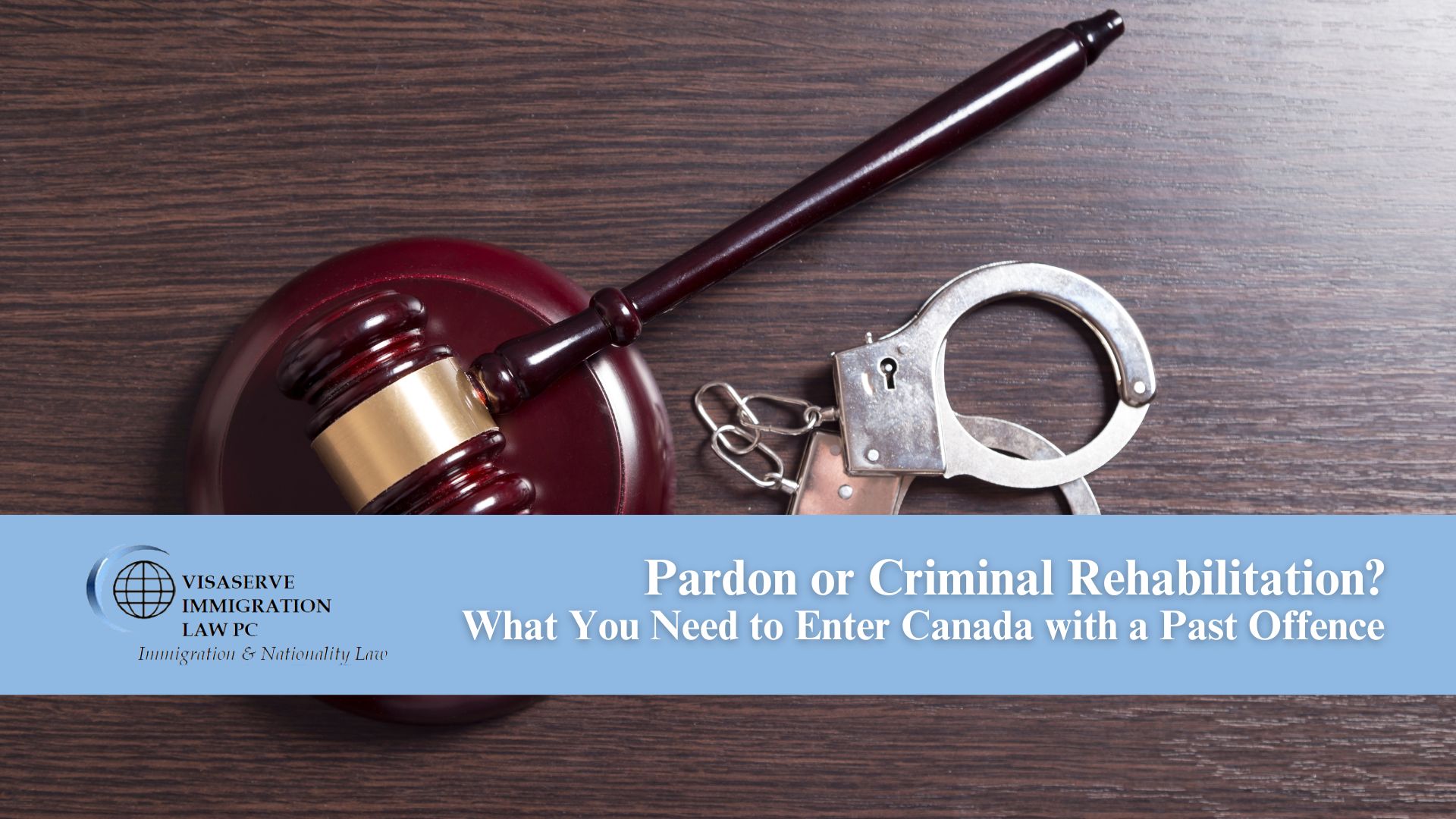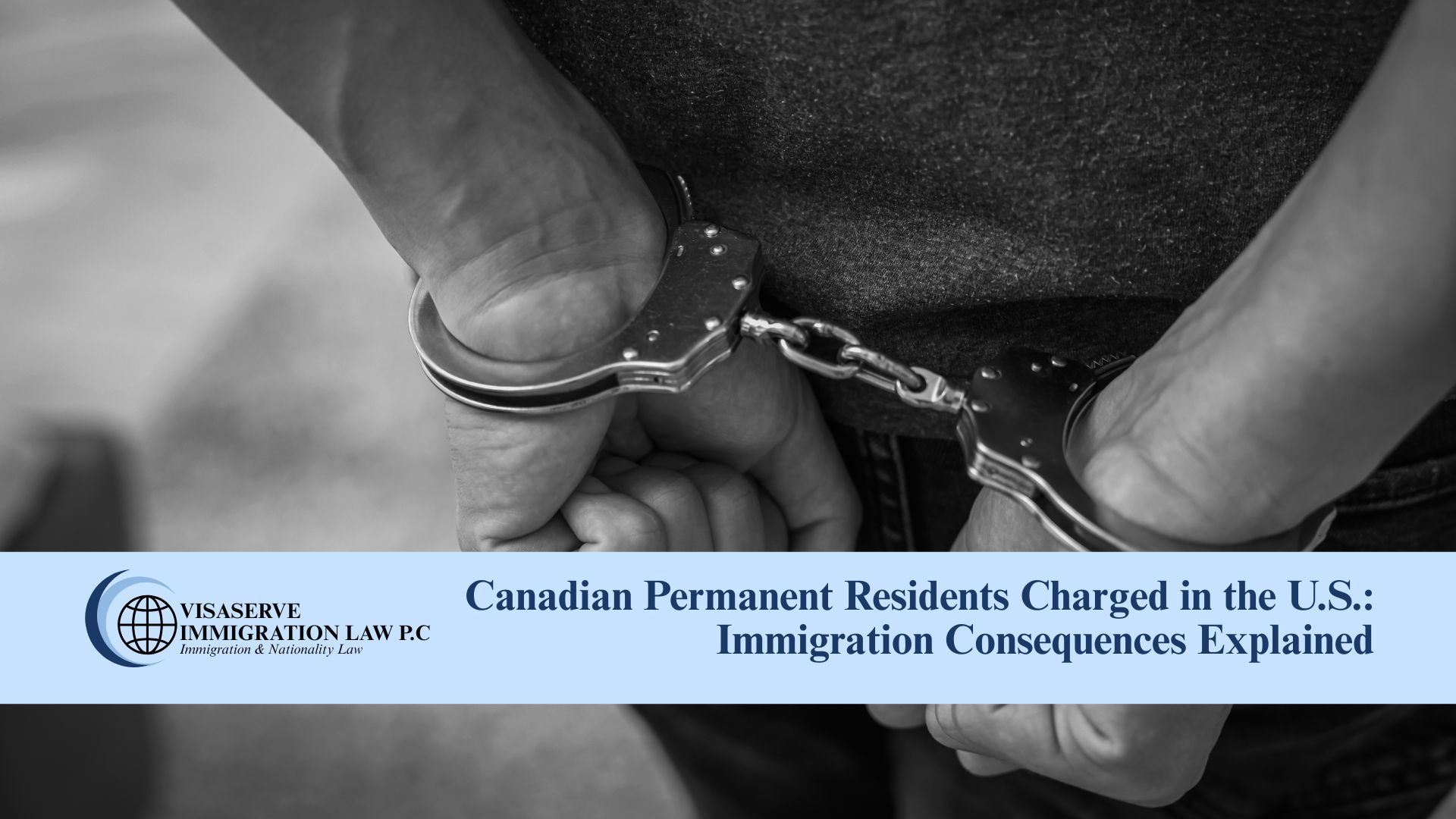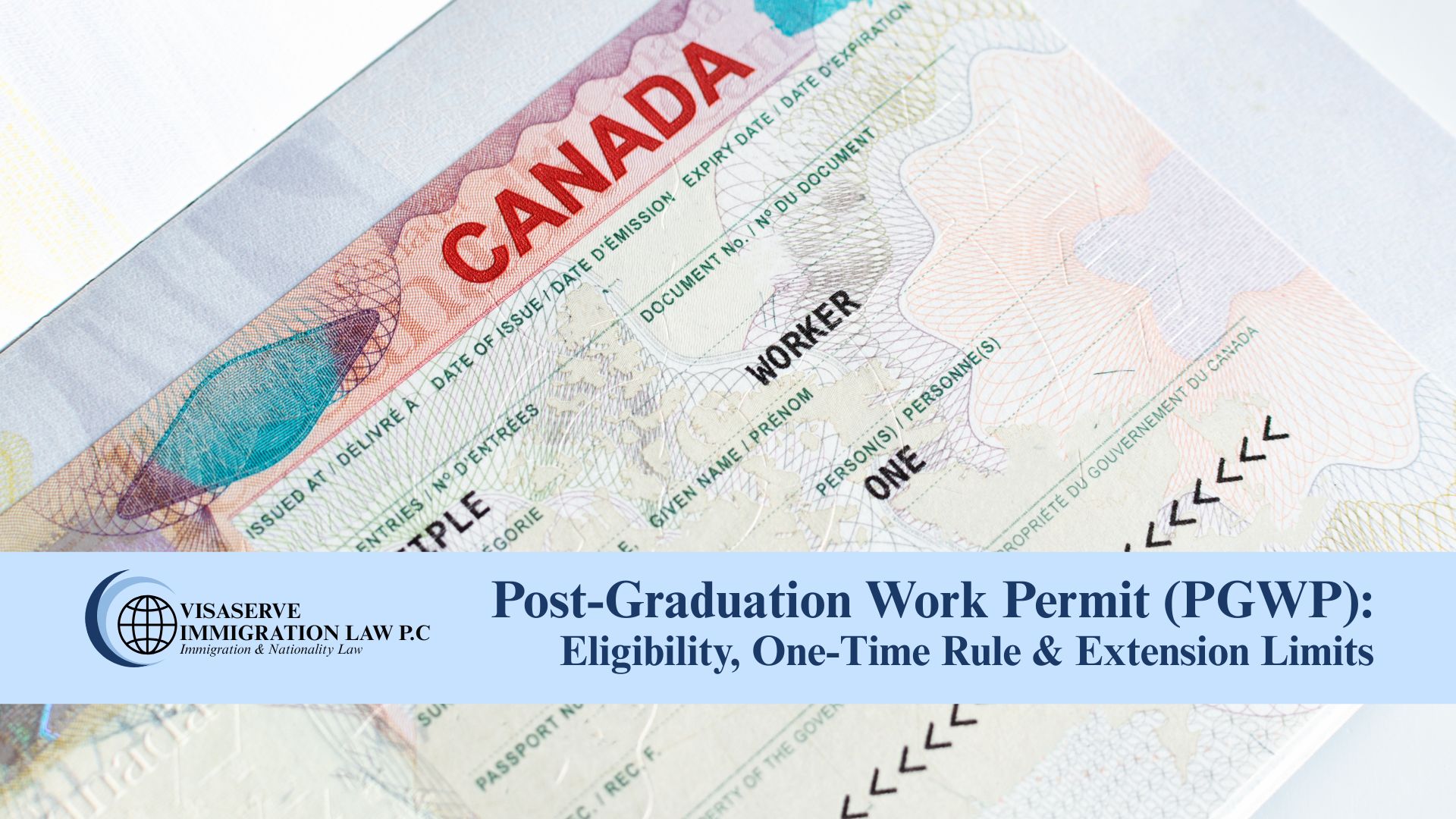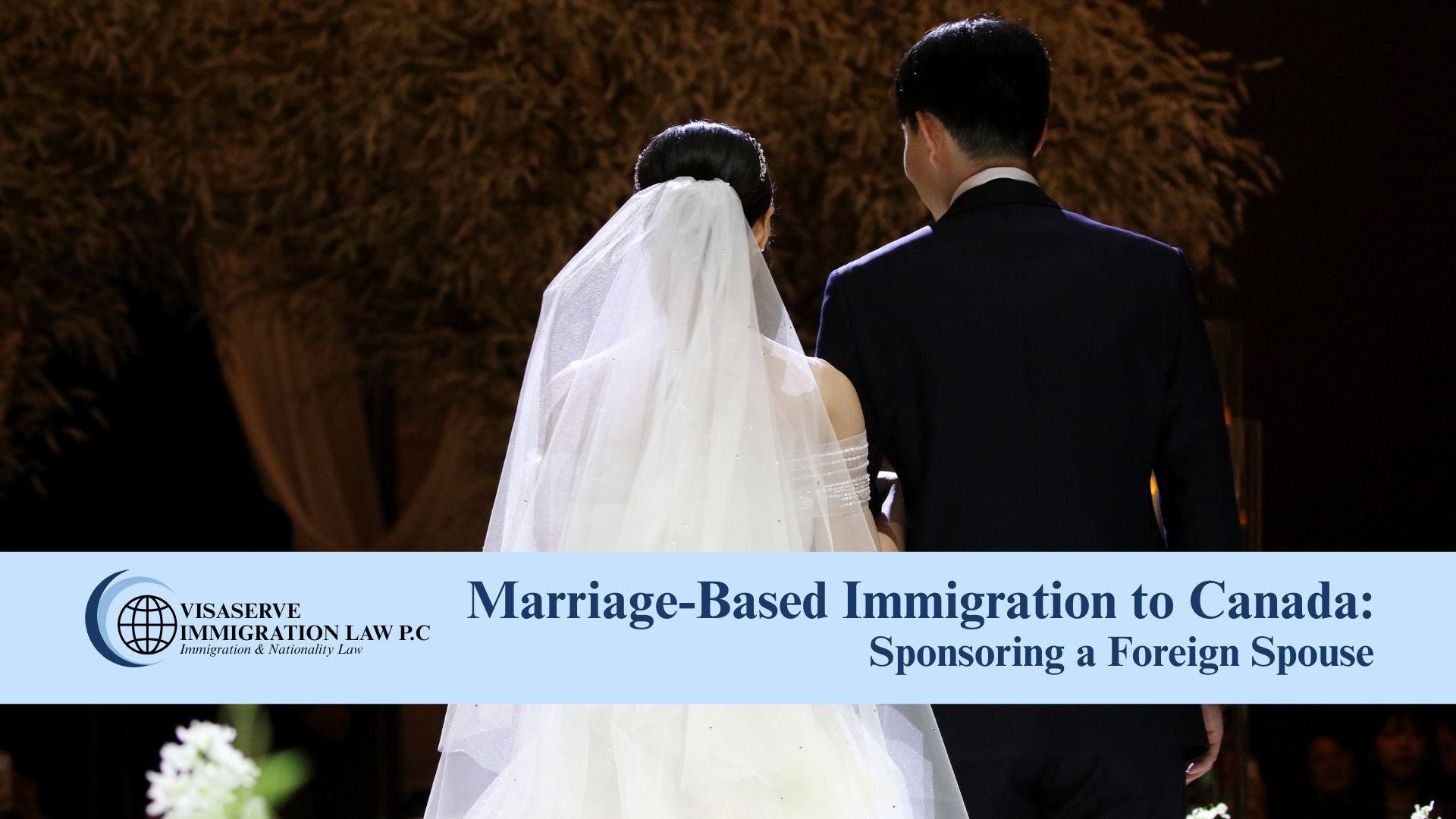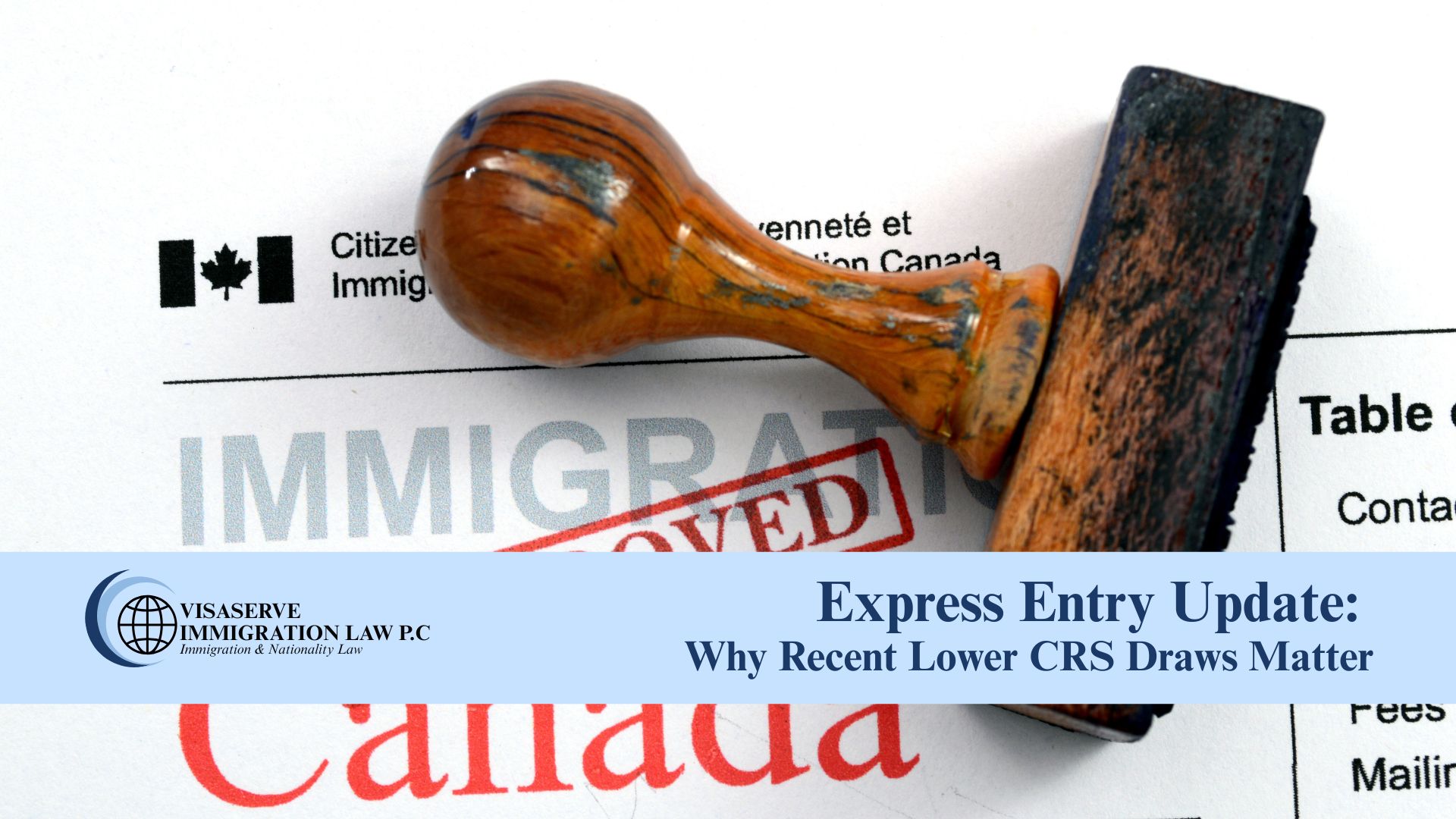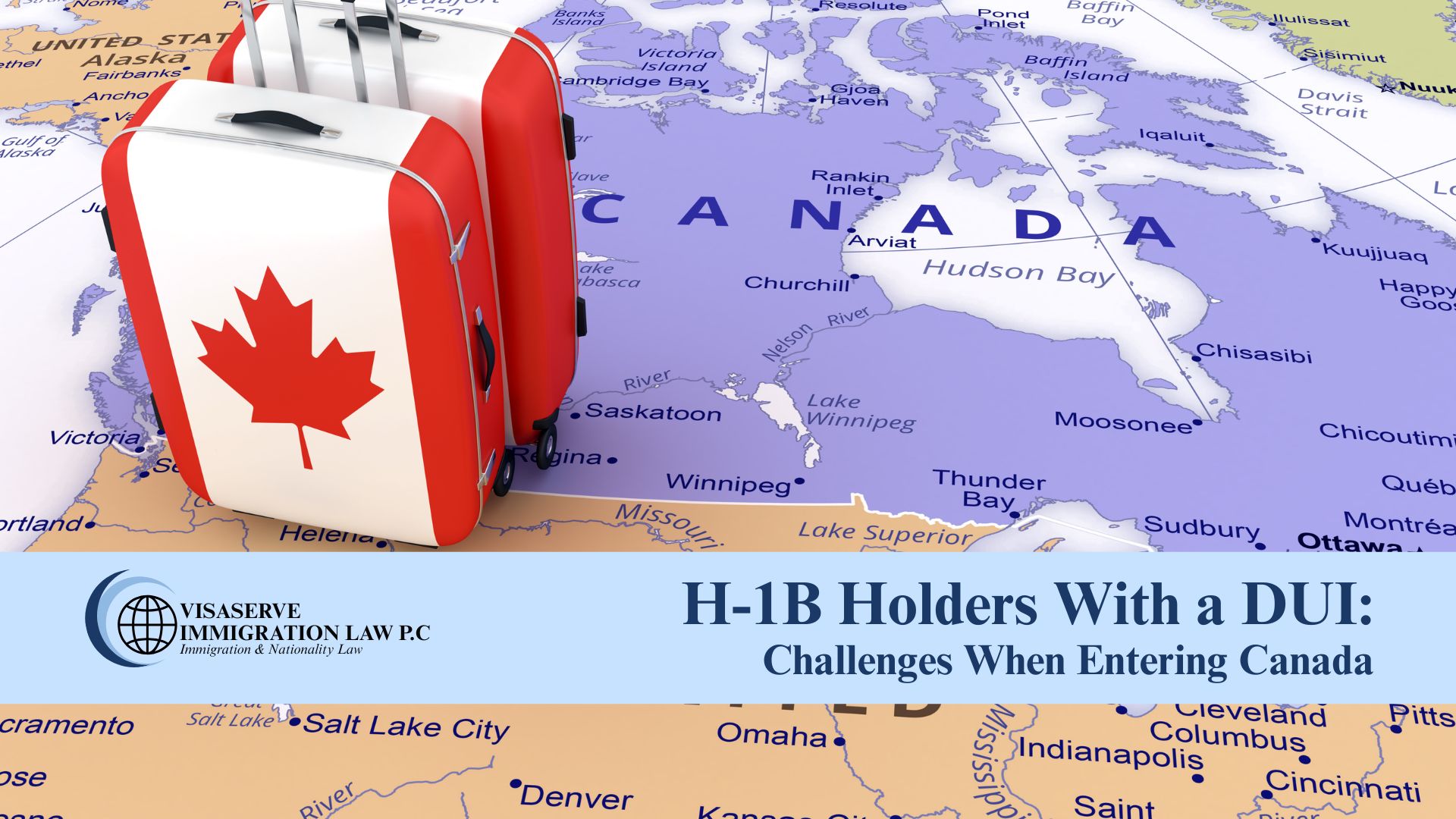Entering Canada after a criminal conviction can be challenging, but it is not impossible. If you have a past offence, you may be deemed inadmissible to Canada under the Immigration and Refugee Protection Act (IRPA). However, Canada offers legal pathways to overcome this barrier. The two main options are:
-
Record Suspension (Pardon)
-
Criminal Rehabilitation
Understanding which path applies to you depends on the nature of your offence, where it occurred, and how much time has passed.
What Is Criminal Inadmissibility?
According to IRCC guidelines, you may be deemed criminally inadmissible to Canada if:
-
You were convicted of an offence in Canada.
-
You were convicted of an offence outside Canada that would be considered a crime under Canadian law.
-
You committed an act outside Canada that would be a crime both in the country where it occurred and in Canada.
Even if a charge was dismissed or withdrawn outside Canada, you may still face inadmissibility issues when trying to enter Canada.
When Is a Pardon (Record Suspension) Required?
If you have a criminal conviction in Canada, you must apply for a record suspension (formerly called a pardon) through the Parole Board of Canada before you can overcome inadmissibility. This applies to both indictable and summary offences.
How to Apply for a Record Suspension:
-
Contact the Parole Board of Canada (PBC).
-
Submit your application after the required waiting period has passed (this varies based on your offence).
-
Carry a copy of the record suspension if travelling to Canada, and submit a copy with any visa or immigration application.
Website: Parole Board of Canada
What Is Criminal Rehabilitation?
Criminal Rehabilitation is an application process that removes the grounds of inadmissibility for offences committed outside of Canada. If approved, it permanently resolves your inadmissibility for past offences.
Who Is Eligible?
You may apply for criminal rehabilitation if:
-
Five years have passed since the completion of your sentence (including jail time, fines, probation, or driving prohibitions).
-
The offence occurred outside of Canada.
-
The offence would be considered a Canadian criminal offence.
Deemed Rehabilitation
In some cases, you may be deemed rehabilitated and not need to apply formally if:
-
At least 10 years have passed since the completion of the sentence for a single indictable offence (punishable by less than 10 years in Canada).
-
At least 5 years have passed since all sentences for two or more summary offences.
However, this is not automatic, and Canadian border officials may still require documentation to prove eligibility.
Summary: Pardon vs. Rehabilitation
| Situation | What You Need |
|---|---|
| Conviction in Canada | Apply for a Record Suspension (Pardon) |
| Conviction outside Canada (5+ years ago) | Apply for Criminal Rehabilitation |
| Conviction outside Canada (10+ years ago, minor offence) | May qualify for Deemed Rehabilitation |
| Multiple offences in Canada and abroad | Need both a Record Suspension and Criminal Rehabilitation |
What If You Are Not Yet Eligible?
If five years have not passed since the completion of your sentence, you may apply for a Temporary Resident Permit (TRP) to enter Canada on a temporary basis. TRPs are discretionary and require you to demonstrate compelling reasons for your travel.
Application Process
Required Forms:
-
Application for Criminal Rehabilitation (IMM 1444)
-
Document Checklist (IMM 5507)
-
Use of a Representative Form (IMM 5476) if applicable
Fees:
-
$239.75 CAD for inadmissibility on the grounds of criminality
-
$1,199.00 CAD for serious criminality
Where to Apply:
-
Inside Canada: Mail to the appropriate IRCC office.
-
Outside Canada: Submit to the nearest Visa Application Centre along with your visa or permit application.
Processing Times
Applications for criminal rehabilitation can take up to a year or longer. The decision will consider:
-
The seriousness of your offences
-
The number of offences
-
Your behavior since the incidents
-
Your ties to the community and personal circumstances
Final Thoughts
Being inadmissible to Canada due to a past offence does not mean you are permanently barred. Whether you need a record suspension, criminal rehabilitation, or a TRP depends on your unique case. Understanding the correct process is critical for a successful entry into Canada.
At Visaserve Immigration Law P.C., we assist foreign nationals, visa holders, and investors with inadmissibility issues and cross-border legal matters. For personalized legal guidance, contact our office.
